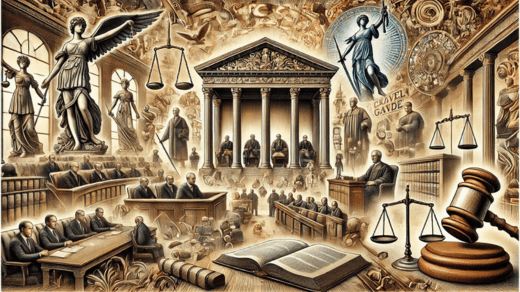General Understanding of Constitutional Rights
What are constitutional rights?
Constitutional rights are the rights and freedoms guaranteed to individuals by a nation’s constitution.
Why are constitutional rights important?
They protect individuals from government overreach and ensure a fair and just society.
Who is protected by constitutional rights?
Usually, citizens and, in many cases, residents or individuals within the country’s jurisdiction.
Read Also:
- https://insightfullawhelp.com/20-key-questions-about-constitutional-law-and-their-practical-answers/
- https://insightfullawhelp.com/30-constitutional-law-questions-for-students-and-professionals/
- https://insightfullawhelp.com/40-constitutional-law-topics-demystified-through-expert-answers/
Can constitutional rights be revoked?
Rights can never be withdrawn but may be restricted or taken away on special grounds, like public safety and national security.
What if Constitutional rights are denied?
Redresses can be taken through the Courts. Often leads to nullification of unconstitutional action and compensation.
Some Important Rights and Liberties
Freedom of speech refers to
What is freedom of speech?
The right of citizens not to be controlled by the state in speaking freely about one’s opinion except as regards hate speech, incitement to violence among others.
Privacy rights refers to what?
The right against unwarranted government intrusion into matters of personal affair, protected through search and surveillance.
What is freedom of religion? Freedom to act, change or abstain from religion without governmental interference.
What is the right to assembly? Right to meet peacefully for purposes of protest demonstrations, or meetings
What is the right to vote? The eligibility of citizens voting and electing representatives.
Legal Protections
Right to due process
A right to fair legal proceedings before depriving someone of life, liberty, or property.
Right to equal protection
The right to be treated equally under the law without discrimination.
Protection against self-incrimination
The right not to be forced to testify or provide evidence against oneself in criminal proceedings.
Protection against double jeopardy
The right not to be tried twice for the same offense after acquittal or conviction.
What is the right to legal counsel?
The right to have an attorney during legal proceedings, especially in criminal cases.
Limits and Exceptions
Are constitutional rights absolute?
No, rights can be limited for reasons like public safety, morality, or national security, provided the restrictions are reasonable.
Can freedom of speech include hate speech?
While freedom of speech is broad, many jurisdictions restrict hate speech or incitement to violence.
Can the government surveil individuals?
Surveillance is allowed under certain conditions, often requiring judicial authorization to balance privacy rights.
Can constitutional rights vary by country?
Yes, each country’s constitution defines its own set of rights and protections.
Do non-citizens have constitutional rights?
In many countries, non-citizens are protected by certain constitutional rights, particularly those related to due process and equality.
Rights in Practice
How are constitutional rights enforced?
Through courts, where individuals can challenge violations and seek remedies.
What is judicial review?
The process by which courts determine whether laws or government actions comply with the constitution.
What is the role of constitutional amendments?
Amendments update or clarify constitutional rights to reflect societal changes.
How can individuals protect their constitutional rights?
By staying informed, advocating for rights, and seeking legal recourse when violations occur.
What happens in a constitutional crisis?
A constitutional crisis occurs whenever there is an argument between government branches about powers or rights, which are sufficiently threatened and are in need of judicial or legislative resolution.

